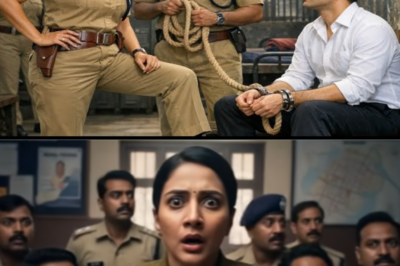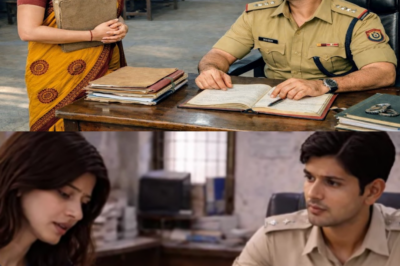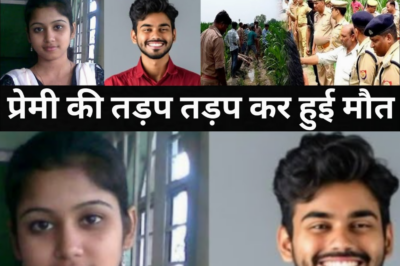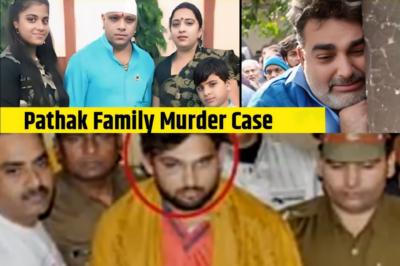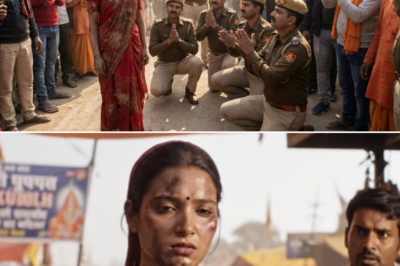Tragic End for Uttar Pradesh Woman: Newlywed Soumya Kashyap’s Plea for Justice Echoes After Death Allegedly Due to Domestic Abuse
Lucknow Shocked After Soumya Kashyap, Who Married a UP Policeman, Dies Following Harrowing Allegations of Domestic Violence and Dowry Demands
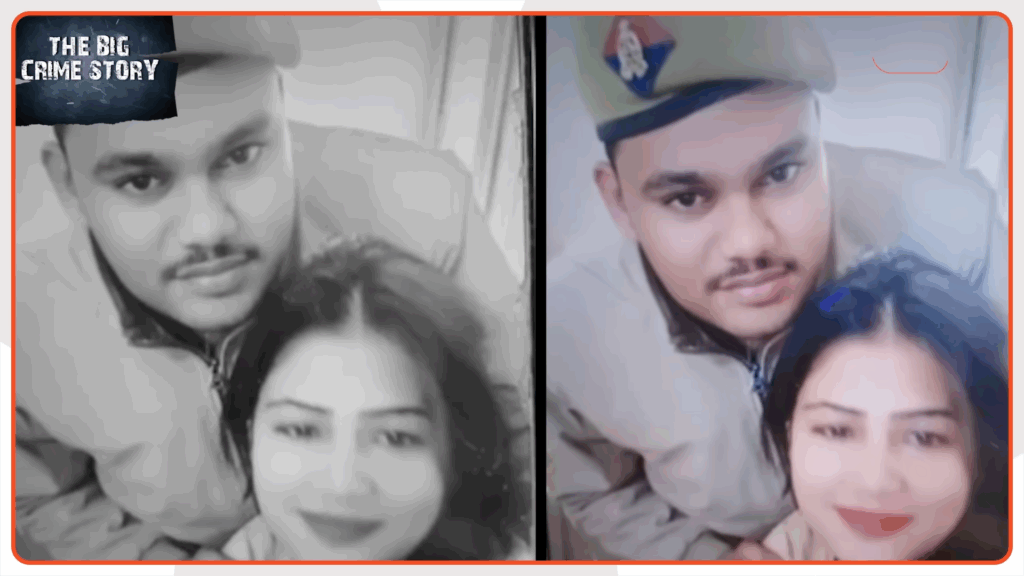
In a heartbreaking incident that has rocked Uttar Pradesh, 25-year-old Soumya Kashyap, who had only months ago married a UP police constable for love, has died under mysterious and shocking circumstances. Her final days cast a grim shadow over the dreams she carried into her new family, leaving behind a powerful call for justice.
Soumya, an ordinary young woman known for her lively social media reels and infectious smile, entered her marital home hoping for happiness. However, her life took a dark turn. In her last tormented video, Soumya—with tears in her eyes and a trembling voice—accused her husband Anurag Singh, his family members, and other in-laws of severe physical and mental abuse, regular death threats, and unrelenting pressure for dowry.
Her grieving family and shocked public were left speechless as Soumya’s video detailed the constant torment: “I thought I was coming to a place of love, but I came into the hands of monsters,” she sobbed. She accused her husband—a man she had married in a temple promising lifelong companionship—of transforming into her worst nightmare. According to her, not only was her husband complicit, but her in-laws too harassed her and even spoke of arranging a second marriage for him.
Soumya claimed that her husband, a policeman, his brother, a lawyer, and other relatives within the police force threatened her that she would never get justice: “Your case will be buried because we are all in the police.” Her desperate plea in the video asked not only for justice but also for safety for other women, bitterly questioning government campaigns like “Beti Bachao, Beti Padhao.”
Her last video, which has now gone viral and shaken the police department, leaves behind chilling evidence and serious questions for authorities. When police finally arrived at the rented apartment in Mampur village, they found Soumya’s body and a family shattered by grief.
Investigations are ongoing, and the police force faces internal outrage, as serious charges of systemic abuse and cover-up loom large. Soumya’s tragic fate spotlights the urgent need for stronger protections for women, especially when alleged abusers are entrusted with upholding the law themselves.
As her voice echoes across the state, Soumya’s questions—and her fight for justice—remain. The case highlights deep flaws in both the social structure and law enforcement, reminding the public that when the protectors become predators, ordinary citizens are left defenseless.
Let Soumya’s call for justice ignite change—her story deserves to be heard, and her accused deserve to answer for every atrocity.
News
नौकरी की तलाश में दिल्ली जा रहा था लड़का, ट्रेन में टीटी लड़की ने जो किया—इंसानियत रो पड़ी
नौकरी की तलाश में दिल्ली जा रहा था लड़का, ट्रेन में टीटी लड़की ने जो किया—इंसानियत रो पड़ी इंसानियत का…
তালাকপ্রাপ্ত স্ত্রী তার স্বামীকে সাধারণ মানুষ ভেবে থানায় আটকে রাখলো.. অথচ সে ছিল আইপিএস অফিসার!😱
তালাকপ্রাপ্ত স্ত্রী তার স্বামীকে সাধারণ মানুষ ভেবে থানায় আটকে রাখলো.. অথচ সে ছিল আইপিএস অফিসার!😱 अहंकार का ढहना: जब आईपीएस…
DM गरीब बनकर थाने पहुँची केस दर्ज कराने… दरोगा निकला तलाकशुदा पति — आगे जो हुआ, किसी ने सोचा भी न था
DM गरीब बनकर थाने पहुँची केस दर्ज कराने… दरोगा निकला तलाकशुदा पति — आगे जो हुआ, किसी ने सोचा भी…
प्रेमिका ने अपने ही प्रेमी के साथ किया करनामा/ब्लेड के साथ कर दिया काम तमाम/
प्रेमिका ने अपने ही प्रेमी के साथ किया करनामा/ब्लेड के साथ कर दिया काम तमाम/ विश्वासघात का अंत: कैली गांव…
शामली के इतिहास में पहली बार मिली ऐसी सजा | अजय पाठक फैमिली हत्याकांड |
शामली के इतिहास में पहली बार मिली ऐसी सजा | अजय पाठक फैमिली हत्याकांड | शामली का वो ‘काला’ नया…
“दरोगा ने IPS को भिखारी समझा और किया बदतमीजी – फिर हुआ ऐसा पल जो सबने देखा!”
“दरोगा ने IPS को भिखारी समझा और किया बदतमीजी – फिर हुआ ऐसा पल जो सबने देखा!” महाकुंभ का महासंग्राम:…
End of content
No more pages to load


